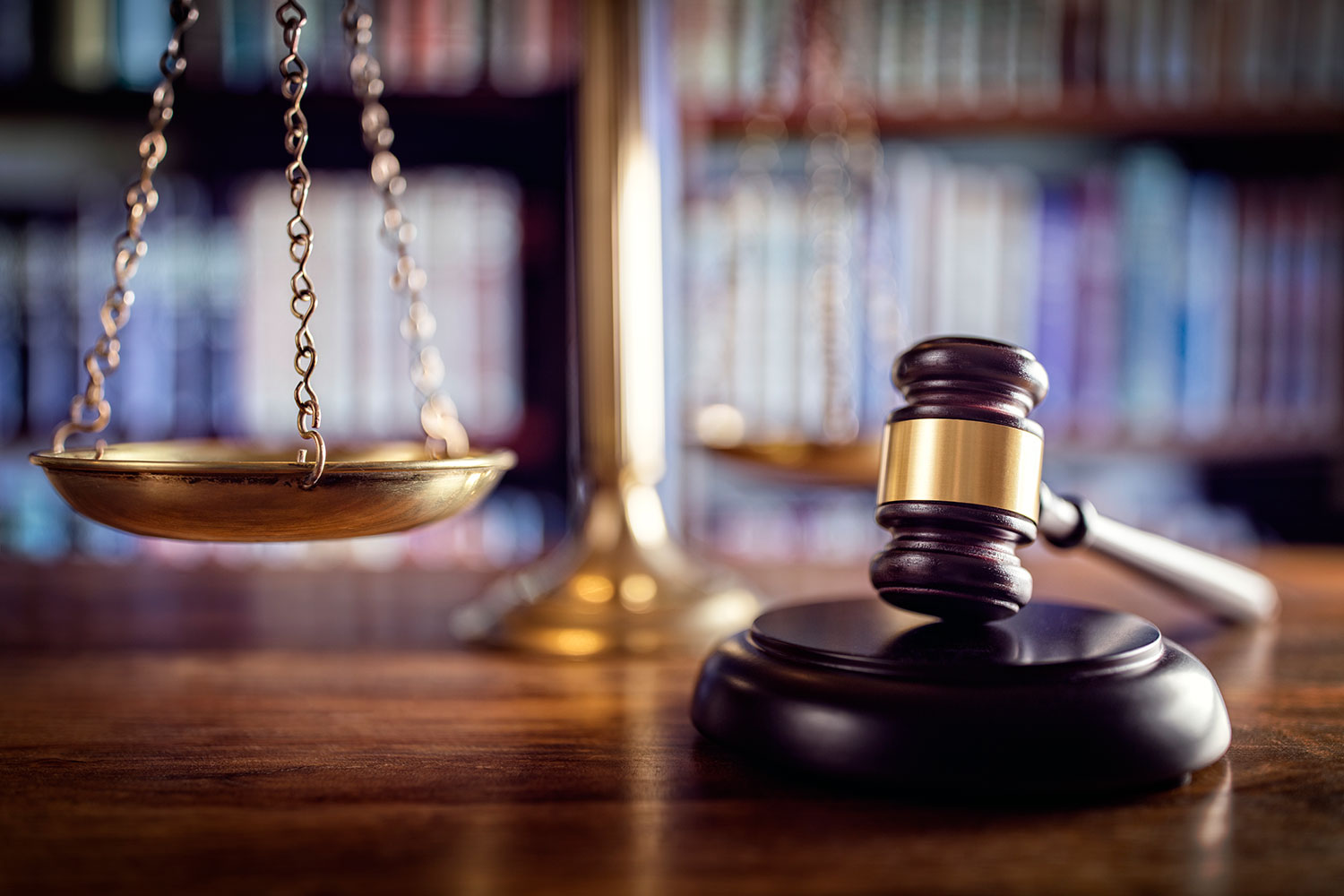
Student sexual harassment is illegal under Title IX, which prohibits discrimination based on sex. This includes sexual harassment and sexual violence, such as rape or sexual coercion.
Sexual harassment can be upsetting and severely impact a victim’s life, studies, and mental health. If you or a loved one is affected by sexual harassment at universities or colleges in New York, know that you are not alone and help is available.
A compassionate sexual harassment lawyer at The Howley Law Firm can help you stand up for your rights and recover the compensation you deserve. Get started today and call us at (212) 601-2728 to schedule a free and confidential case review.
How Common is Sexual Harassment at Universities and Colleges in NYC?
According to the New York Post, nearly 4,000 sexual misconduct complaints were recorded at New York’s colleges in 2018. However, sexual harassment at universities and colleges is a significant problem not only in New York but nationwide. Figures from the Rape, Abuse & Incest National Network (RAINN) show that women at colleges are three times more likely than the general female population to experience sexual harassment.
Sexual violence is also prevalent at colleges and universities, with a staggering 26.4% of undergraduate female students and 6.8% of undergraduate males experiencing rape or sexual assault on campus. Stalking is another form of harassment occurring on campuses, with 5.8% of students reporting such experiences.
Sexual Harassment at Universities and Colleges Often Goes Unreported
Many incidents of sexual harassment on campus go unreported. Victims may shy away from reporting sexual harassment or sexual violence to law enforcement for various reasons:
- Fear of not being believed
- Assuming sexual harassment is a personal matter
- Fear of retaliation
- Believing law enforcement cannot not help
If you experience sexual misconduct on campus, reporting the incident can be an important step required to hold the perpetrator accountable and prevent future sexual harassment incidents.
What Counts as Sexual Harassment?
Sexual harassment at universities and colleges can come in many forms and behaviors, ranging from explicit verbal or physical conduct to more subtle forms of discrimination and intimidation. Here are some examples of what counts as sexual harassment:
- Verbal Harassment. You may experience verbal sexual harassment when another person makes unwelcome sexual comments, crude jokes, or sexual innuendos. Propositions or requests for sexual favors can also be a form of verbal sexual harassment.
- Physical Harassment. Physical sexual harassment includes unwelcome touching or overt sexual advances, such as groping, hugging, or kissing without consent. You could also experience physical harassment when someone blocks your path or invades your personal space in a sexually suggestive manner.
- Visual Harassment. Another person is visually sexually harassing you if they display or circulate sexually explicit images at college or university. Staring you up and down and making lewd gestures also count as visual sexual harassment.
- Quid Pro Quo Harassment. Quid pro quo harassment involves the perpetrator offering favorable treatment or rewards contingent on sexual advances and favors. In a college or university context, this might involve a professor or administrator offering you better grades or research opportunities in return for sexual favors.
Unfortunately, perpetrators of sexual harassment use manipulative tactics to get victims to believe that they are to blame, which results in victims not reporting the illegal behavior due to fear or shame.
If you were sexually harassed, The Howley Law Firm has your back. We can protect your rights and help you stand up against illegal sexual harassment. Remember, you could sue for sexual harassment and recover compensation. Contact us promptly, as the time to file a claim and seek damages is limited in New York.
Laws Protecting Students from Sexual Harassment at Universities and Colleges
If you or a loved one is a victim of sexual assault on campus or at school, federal and state laws in New York can protect you.
- Title IX of the Education Amendments of 1972. Title IX is a federal law establishing that discrimination on the basis of sex is illegal. The law applies to colleges and universities receiving federal funding. While private colleges and universities are not funded by public money, they are still covered by Title IX, as they typically accept financial aid for students and grant money from federal programs.
- Dignity for All Students Act (DASA). DASA is a New York state law that covers elementary and secondary schools. It seeks to establish an environment free from discrimination and sexual harassment on school property, at school functions, and on school transportation.
- Regulation of the Chancellor A-831. A-831 is a New York City regulation that covers student-to-student sexual harassment. It aims to provide a learning environment free from sexual harassment and establishes a procedure for the filing, investigation, and resolution of such complaints.
The Effects of Sexual Harassment on University and College Students
Sexual harassment at universities and colleges is not only illegal and immoral, it can also impact victims profoundly. In addition to the immediate emotional distress and trauma, victims may experience a range of negative consequences:
- Impacts on academic performance
- Feelings of shame and guilt
- Anxiety and depression
- Decreased self-esteem and confidence
- Withdrawal from academic and social activities
In addition to the psychological effects, victims of ongoing sexual harassment could even develop physical symptoms such as headaches, trouble sleeping, and gastrointestinal issues.
University and college years are a formative time in a young adult’s life and should not be overshadowed by fear, anxiety, and a reduced quality of life due to sexual harassment. If you or a loved one experienced sexual harassment at a university or college in New York, don’t suffer in silence. Our compassionate lawyers are here to help you get justice.
The University or College May Be Responsible for Sexual Harassment
Universities and colleges can be held responsible for sexual harassment of students under Title IX. Liability may exist when a university or college:
- Neglects student safety and security
- Fails to investigate claims of sexual harassment or stalking by a student or staff member
- Ignores reports of sexual harassment or assault
- Permits a student with a known history of sexual offenses to reside in student housing
- Fails to provide support to victims of sexual harassment
- Refuses to discipline or expel the perpetrators
- Neglects to provide discrimination and sexual harassment training to staff and students
- Fails to establish and enforce policies and procedures addressing sexual harassment
If a university or college fails to take actions to address and prevent sexual harassment, including quid pro quo harassment, hostile environment harassment, or sexual assault, it may be held legally liable for your damages. An attorney at The Howley Law Firm can assess your case and identify all liable parties and avenues for pursuing damages.
The Howley Law Firm Fights for Victims’ Rights
Don’t let a perpetrator or negligent university or college get away scot-free. Our dedicated campus sexual harassment lawyers in New York could help you hold the responsible parties to account and recover damages.
While compensation cannot turn back the time, it can help you offset expenses for any damages you incurred due to sexual harassment, such as counseling expenses, moving costs, and others. Holding those responsible accountable can also be crucial to help you move on from this challenging time in your life. Start the process today and contact us for a free, no-obligation case review.
FAQs – Find Answers Regarding Sexual Harassment at Universities and Colleges in New York
When should I file a sexual harassment lawsuit in New York?
The timeline to file a claim can be relatively short. For example, there is a limit of 180 days if you file your sexual harassment claim with the Office for Civil Rights (OCR). The OCR will notify you and your school if it decides to investigate your complaint.
Under Title IX, you can also file a private lawsuit in federal court without involving the ORC. In New York, you have three years to file such a lawsuit. However, since there could be other complexities that may impact how long you have to file, speak with an attorney as soon as possible. Missing the deadline could prohibit you from getting justice and damages.
Which evidence do I need to have a sexual harassment claim?
When filing a student sexual harassment lawsuit, evidence is crucial for success. In general, there are two types of university and college sexual harassment claims: quid pro quo and hostile environment. Here is how to prove them:
- Quid Pro Quo. To prove that you have a quid pro quo claim, you must show evidence that you were offered some type of benefit in exchange for sexual favors. Evidence could be emails, text messages, or audio recordings showing that a professor offered you a better grade or another student offered to help with your coursework in exchange for dates or sexual favors.
- Hostile Environment. While a quid pro quo claim can hinge on one event, a hostile environment claim typically occurs during a longer time period. For example, the perpetrator might continually pester you for dates, make lewd comments, or send sexually explicit pictures to you. Evidence for this type of claim may include any records of the persistent harassment, such as witness statements, text messages, emails, or audio recordings.
Which damages could I recover with a university or college sexual harassment claim?
The types of damages awarded for your sexual harassment claim depend on the specifics of your case, such as the type and length of sexual harassment you endured and the impacts on your life and health. Generally, in a university or college sexual harassment claim, you could recover various types of damages:
- Compensatory Damages. These damages are intended to compensate you for the expenses and emotional injuries you suffered due to the sexual harassment. Among other compensation, they may cover medical expenses, therapy costs, and pain and suffering.
- Punitive Damages. In cases where the university or college’s conduct was particularly neglectful or egregious, you could receive punitive damages in addition to compensation. These damages are intended to punish the institution for its wrongful conduct and deter similar behavior in the future.
- Attorney’s Fees and Costs. If you win a sexual harassment claim, you may be entitled to have your attorney’s fees and litigation costs reimbursed by the perpetrator or the university or college.
You may also qualify for other damages. The Howley Law Firm can help you understand the value of your case and the best course of action.




